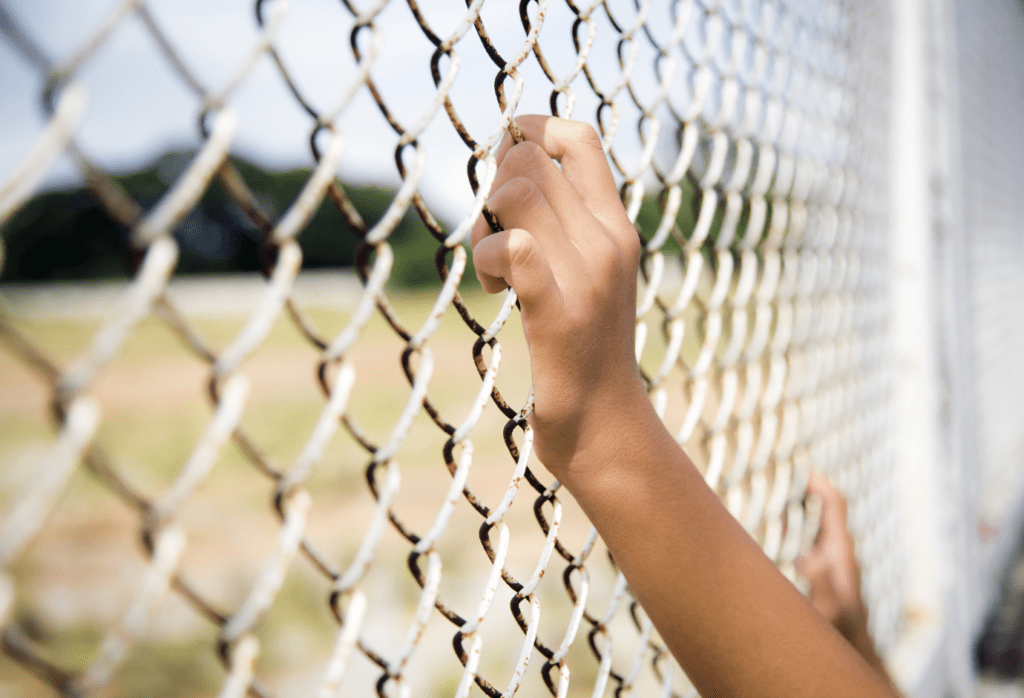Hawaii’s Youth Correctional Facility (HYCF) has reported this week that it no longer holds any incarcerated girls at its centre.
The historic news comes after years of advocacy and criminal justice reform efforts to “divert” young people away from juvenile correction centres and into community programs, as well as mental health assistance programs.
According to HYCF, most young people who end up at HYCF have “experienced trauma in their homes due to poverty, houselessness, abuse, and victimisation, as well as drug addiction and mental health issues.”
Officials from the facility said the last girl to be incarcerated left two weeks ago.
In the past four years, the number of incarcerated girls at the facility dropped 42 per cent, while fewer young people overall were being detained at the facility.
Democratic Representative Alexandria Ocasio-Cortez of New York tweeted her reaction to the news, saying that “another world is possible.”
Mark Patterson, an Administrator at HYCF and Kawailoa Youth and Family Wellness Center, recognised the importance of collaborating with other groups, and said that support from the state Legislature, such as the decriminalisation of prostitution for minors, contributed to the latest changes.
According to Patterson, more than a hundred youths were incarcerated at the facility in 2014, while today, there are roughly 15.
“We’re trying to create a continuity of trauma-informed care throughout our programs to meet each child at the level that they’re at in dealing with these issues,” Patterson told Hawaii News Now.
“So that there’s support for them in order to create meaningful off-ramps or out of the system exits.”
In 2018, the facility partnered with the Vera Institute, a criminal justice reform nonforprofit, and the two organisations began analysing who was ending up in the facilities.
Hannah Green, a program manager for the Vera Institute of Justice’s Initiative to End Girls’ Incarceration, said the biggest findings from their research was that “the girls who were coming into Hawaii’s U.S. legal system are coming in on really low-level charges.”
“It’s concerning for their safety, not public safety, that tends to be driving decisions to confine them,” Green said.
Like Patterson, Green agrees on the importance of identifying patterns early in a young person’s life.
“It’s about how can systems collaborate and work together to position interventions earlier, and to make sure that we’re responding with healing and support instead of punishment,” she said.
Shawn Kanaiaupuni, president and CEO of Partners in Development Foundation, also welcomed the latest news, saying it was a “good sign that we are moving in the right direction.”
Her organisation works with Opportunity Youth Action Hawaii Hui to highlight the causes that make young people susceptible to crime.
“Research has shown that locking up youth in prison cells produces more re-offenses and a higher likelihood of ending up in adult prisons,” Kanaiaupuni said.
She believes that incarceration is only part of the systemic issue and that more work needs to be done.


